|
Remember when we learned in the pancreas introduction post that the pancreas synthesizes and secretes enzymes to digest the food your pet eats? These enzymes include lipase and amylase. They are sent through the pancreatic ducts (then into the common bile duct) into the duodenum where they work on the food that has been ingested. But what happens if these digestive enzymes cannot make their normal journey? Occasionally, the pancreas becomes inflamed and swollen. As the pancreas becomes increasingly inflamed, the ducts that connect the pancreas and duodenum become inflamed as well. As this inflammation progresses, the ducts get squeezed down and unable to carry enzymes from the pancreas to the duodenum. 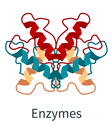 What happens to these enzymes then? These enzymes begin to leak back into the pancreas and can even leak out into surrounding tissues. These enzymes actually start digesting the surrounding tissues! This condition is known as pancreatitis. Pets suffering from pancreatitis can show a wide variety of signs and symptoms. Most commonly, they can have episodes of vomiting and diarrhea. They usually will not want to eat their normal food but may be enticed with some high-value treats. Any time your pet is showing any of these signs, I recommend a phone call at least, to your primary veterinarian. How is pancreatitis diagnosed?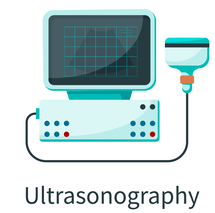 What can be done if your pet suspected to have pancreatitis? Your primary care veterinarian may recommend running some blood tests and performing some diagnostic imaging including radiographs (x-rays) and an ultrasound. These lab tests will help confirm the diagnosis of pancreatitis, while ruling out other things, such as a gastrointestinal foreign body or a mass causing blockage of the pancreatic duct. Pancreatitis can be excruciatingly painful, and because of this, pain management is one of the most important aspects of care. Your pet may stay at the hospital for a few days while receiving care such as IV fluids, pain medications, and medications to help control their nausea and vomiting. Remember, you, as the pet parent, are part of the team that is treating your little one. This means that you can ask to visit and bring some bland food items or even your little ones favorite blanket! Transitioning homeAs your pet improves, it will be time to take them home! The first few days home can be a bit overwhelming as your little one will most likely have medications they need to take, as well as a bland diet that they should be eating. All of these things will help you manage pancreatitis, now and in the future. The first few days home from the hospital can cause some anxiety for pet parents, but do not worry. You should be supplied with some discharge instructions helping you remember what to do. If you weren’t, that's okay, just ask your doctor for some! Acute pancreatitis can be cured if it is caused by something like a gall bladder stone or foreign object that was blocking the duct. If your pet has chronic pancreatitis is not a disease that we can cure, but one that is managed with diet and possibly medications. Keep that line of communication open with your primary care veterinarian, and ask all the questions you may have. If your pet seems to suffer from pancreatitis often, it may be time to seek care at an Internal Medicine Specialist for further evaluation and care. AuthorAshley DiPrete, RVT, VTS (SAIM) is a Registered Veterinary Technician practicing in California and obtained her Veterinary Technician Specialty in Small Animal Internal Medicine in 2016. She is the co-founder and a contributing author for InternalMedicineForPetParents.com. Visit her author page here.
Comments
|

Ready to Work Together?
Thank you!You have successfully joined our subscriber list. This website is NOT a substitute for veterinary care with a veterinarian. We recommend you follow the advice and treatment plan as prescribed by your veterinarian, and only after discussing anything found on this website with your veterinarian, with their approval, implementing advice found here.
Most of the information on this site is free for you to read, watch or listen to, but Internal Medicine for Pet Parents is also a business. So please expect hyperlinks to be affiliate links in many cases, where we receive a small percentage of sales if you wish to purchase. We only recommend tools, books and services that we use, or people we know personally. Integrity and authenticity continue to be of the highest importance to us. Read the privacy policy here. We hope you find the site useful! Thanks – Yvonne and Ashley Check us out on Facebook!
Categories
All
Archives
October 2019
|
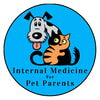
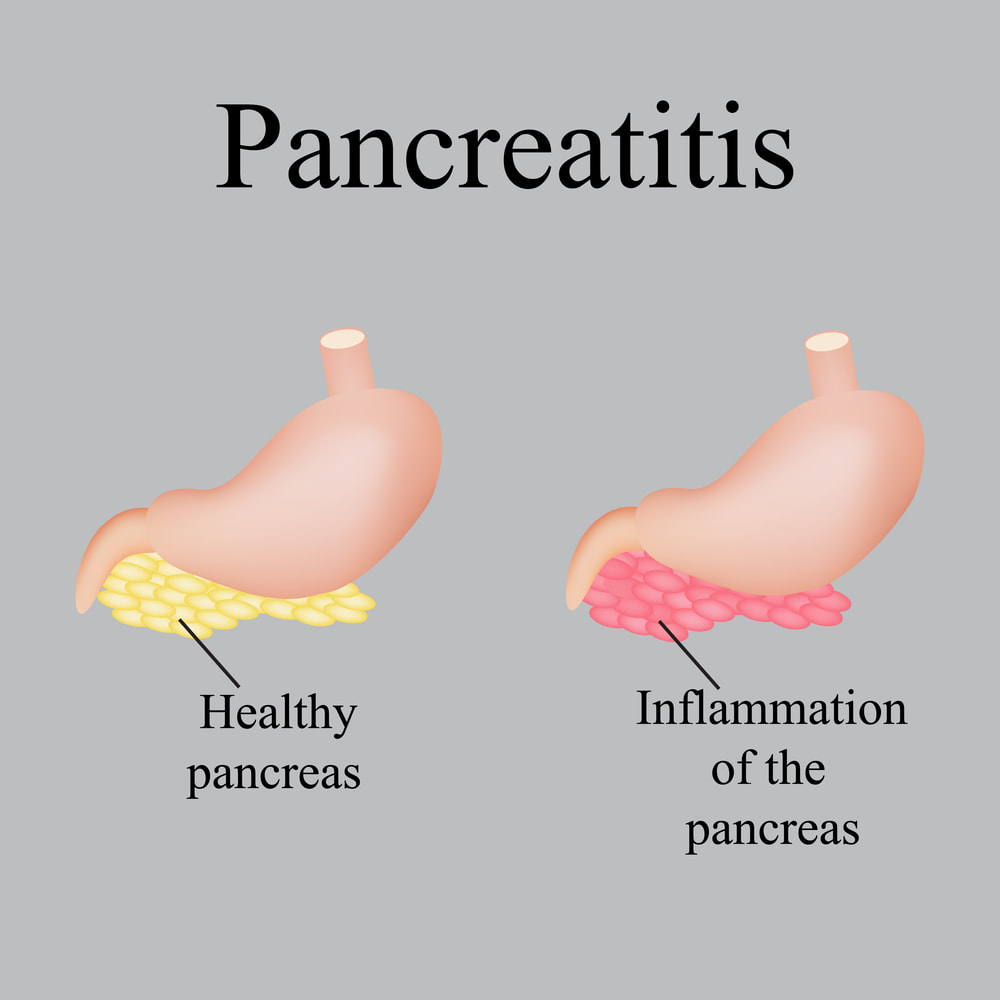
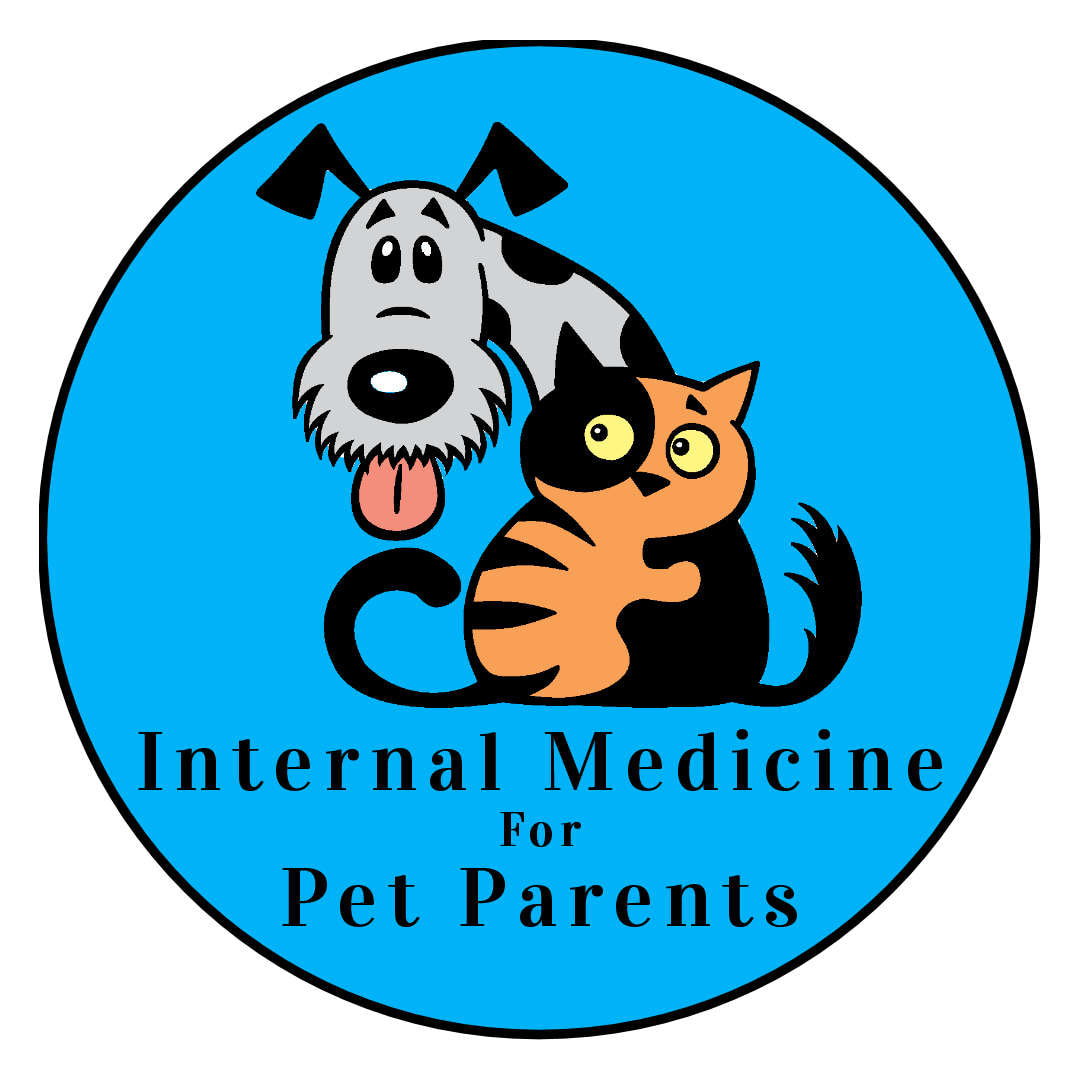
 RSS Feed
RSS Feed